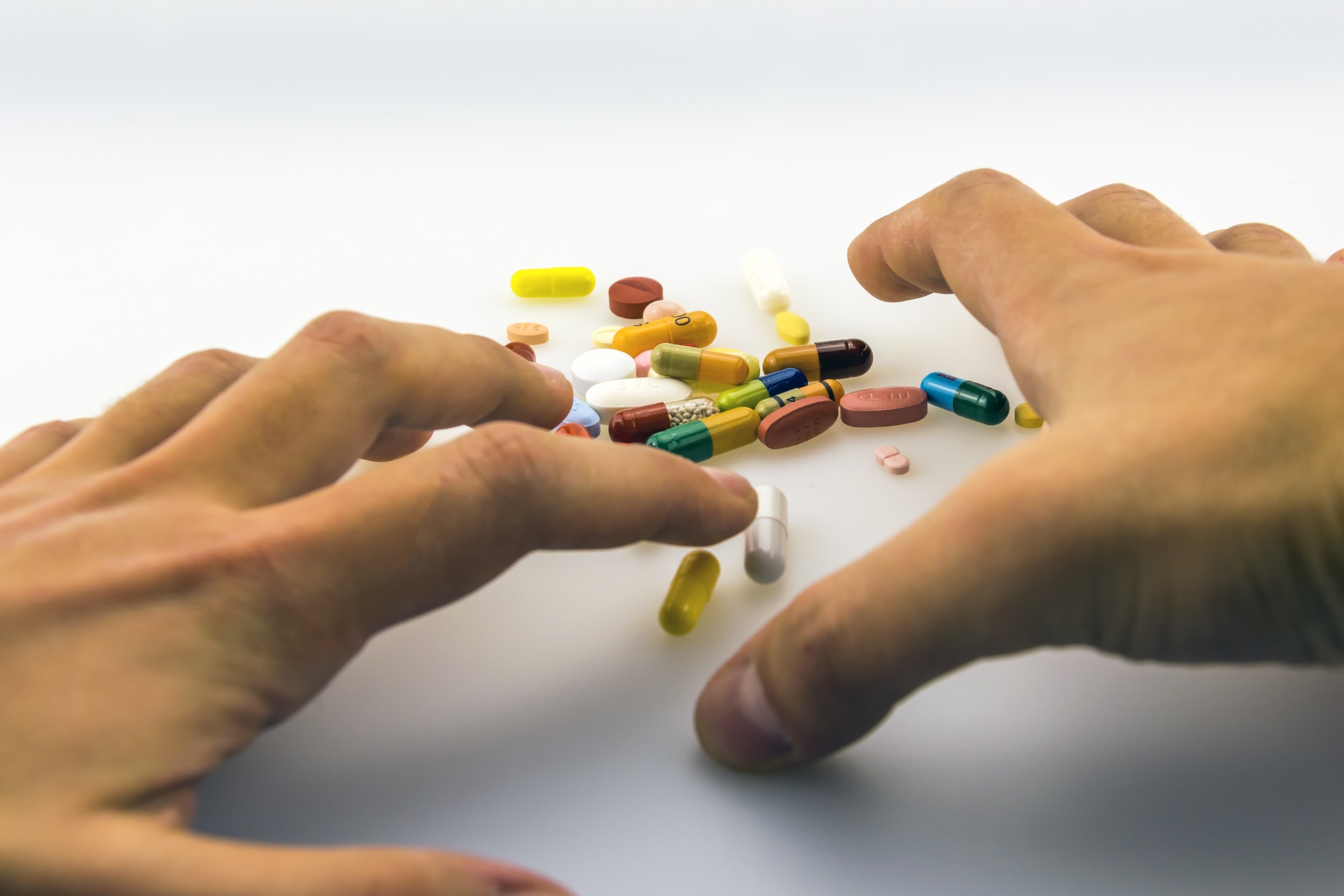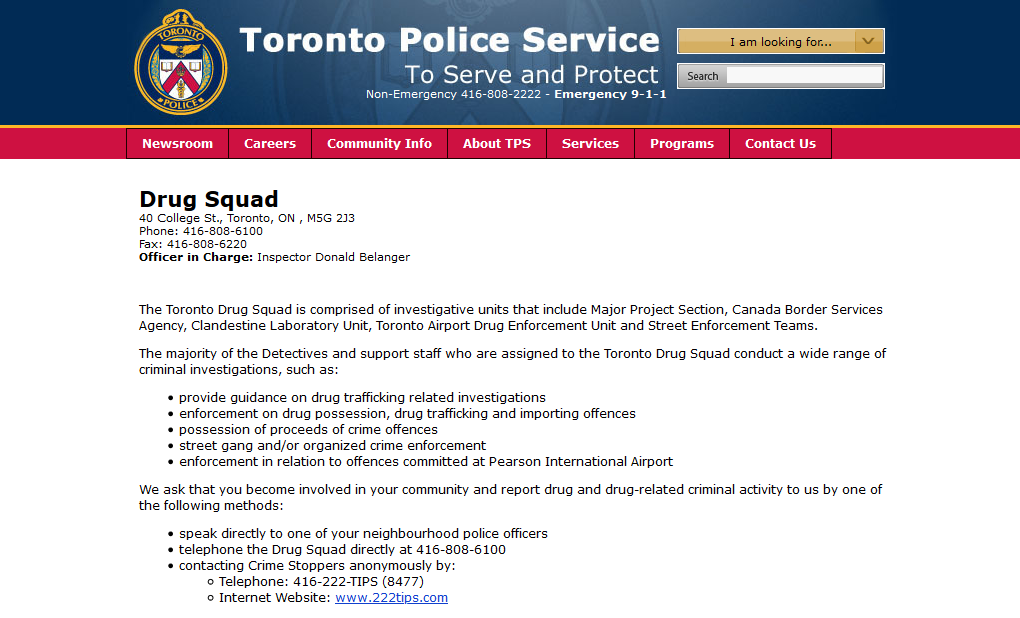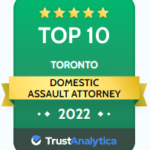Drug Trafficking Lawyers in Toronto
A charge of drug trafficking covers a very broad range of alleged crimes but they all have one thing in common: they can all have a huge impact on the rest of your life.
Ontario came in second to Quebec in the number of drug-related offences in 2018.
Ingredients needed to produce methamphetamine and ecstasy are trafficked illegally from China, while other illegal drugs, such as cocaine and heroin, are commonly smuggled through the Toronto international airports. Land routes from the coast are also used to traffic drugs into the city.
While police-reported rates of cannabis-related drug offences are generally on the decline, the rates of drug offences related to methamphetamine (crystal meth), ecstasy and cocaine are on the increase across Canada.
The Controlled Drugs and Substances Act (S.C. 1996, c. 19) says the following about Trafficking in a substance:
- 5 (1) No person shall traffic in a substance included in Schedule I, II, III, IV or V or in any substance represented or held out by that person to be such a substance.
Furthermore, it says the following about Possession for purpose of trafficking:
- (2) No person shall, for the purpose of trafficking, possess a substance included in Schedule I, II, III, IV or V.
Drug trafficking can include the following activities with illegal drugs:
- Selling
- Giving
- Transporting
- Administering
- Transferring
- Sending
- Delivering
Because of the seriousness of these types of charges, the punishment for convictions is always severe and includes significant jail time.
Investigation of Drug Trafficking Charges in Toronto
The Toronto Police Service Drug Squad is responsible for investigating drug trafficking in the city. The squad is large and is divided into several different departments:
- Major Project Section
- Canada Border Services Agency
- Clandestine Laboratory Unit
- Toronto Airport Drug Enforcement Unit
- Street Enforcement Teams
As you can see, the Drug Squad is involved in a wide range of investigations. This experienced unit of officers dedicated to drug investigations tends to make fewer errors during the investigation process, which can create complications for your defence.
In turn, this makes the requirement for an experienced lawyer who is familiar with their work and with the charge of drug trafficking in Toronto a necessity.
We will closely examine all the evidence against you and pursue a defence that is most likely to be successful based on this.
There are many ways you may have come to the attention of the Police.
Officers may be following:
- A “tip-off” from an informant
- Suspicious activity observed during regular drug investigation duties, or
- Suspicious activity observed during a routine traffic stop
Police drug investigations usually include standard techniques like witness statements and photographic evidence but may also include:
- Use of undercover officers
- Use of confidential informants
- Months of video surveillance
- Months of telephone communication interceptions
- Judicially authorized searches of vehicles, homes, storage lockers, etc.
- Seizure of drugs, weapons, cell phones, scales, etc., and
- Seizure of property connected with criminal activity (including cars, cash, and even houses)
The more sophisticated the drug operation, the lengthier and more thorough the investigation will be. If there is enough to press charges, the police will arrest you. You will be taken to a Police District Office for questioning and processing.
The Crown prosecution will ultimately decide whether there is enough evidence to make a conviction in court likely. If so, the charges will proceed.
Bail Process and Conditions for Drug Trafficking Charges in Toronto
How do I get myself or a loved one out on bail for drug trafficking charges in Toronto?
It can be very difficult to get bail for a drug trafficking charge in Toronto, depending on the amount and type of drug you are alleged to have trafficked. You will likely be held in custody and require a formal bail hearing to secure your release.
In order to conduct a bail hearing, you will be taken to the Toronto Police Service Division that is responsible for the alleged crime. The bail hearing must be held within 24 hours. Note that the 24-hour period starts from the moment of arrest or detention rather than the time when you are brought to the Division.
The phone number for each division is 416-808-[Division Number – 00], so for example, the number for 52 Division is 416-808-5200. The addresses for each division of the Toronto Police Service can be found here.

Penalties for Drug Trafficking Charges in Toronto
Typically, if you are found guilty of drug trafficking, you can expect much harsher penalties than with a drug possession charge.
The prosecution will seek jail time in all but the least serious cases (no Conditional Sentence Orders – aka “house arrest”).
For a conviction, your sentence will depend on:
- What type of substance you were found guilty of trafficking
- The quantity of drugs trafficked
- The number of drug deals you were involved in
- What other offences were committed at the time
- Prior related offences
If you are found guilty of trafficking any of the following you could get a life sentence:
- Cocaine
- Marijuana or cannabis resin (hashish) over 3 kgs (up to five years for an amount under 3 kgs)
- Heroin
- Morphine
- Opium
- OxyContin
- Codeine
- Fentanyl
- GHB
Although the above are the most common, there are many more drug types listed in Schedule I and II. It is important to review carefully what type of drug is involved in your case to determine the possible sentence you may be facing if convicted.
Additionally, a mandatory minimum sentence of one year may apply if the trafficking offence involved:
- Organized crime or a criminal organization as defined under section 467.1(1) of the Criminal Code
- Use or threat of violence
- Possession, use, or threat of use of a weapon
- A prior conviction for a similar offence in the previous 10 years
A mandatory sentence of two years may apply if your offence was committed:
- In or near a school, playground, or other public place frequented by children
- In a prison; or
- With the help of a child
Even if you were found guilty of trafficking “lower grade” drugs (those listed in Schedule III or IV), you could receive a sentence of up to 10 years in jail.
The prospect of such harsh penalties makes it critical to have a dedicated and experienced drug trafficking lawyer to defend you from as early as possible in your case.
Defending Drug Trafficking Charges in Toronto
What are the best defences to drug trafficking charges in Toronto?
In drug trafficking cases, the Crown does not necessarily need to prove that the substance in question was a drug.
As strange as that may sound, if you represent a substance as a drug and attempt to provide it to another person (regardless of whether you make a profit from the act), it can be enough to secure a conviction for drug trafficking.
Some of the best defences for drug trafficking charges generally revolve around the ways that police gathered evidence against you.
Was there an anonymous tip? If so, how reliable is this person and what were their motives? If there was a “sting” operation, were there any improper actions by police officers that violated your rights as a Canadian citizen?
Typically, one of the following defences will be used for your charge:
1. No consent or no knowledge
If you can clearly demonstrate that you did not consent to, have knowledge of, or control the drug, the chances of a conviction for the prosecution are slim.
However, in order to show this, you may need to prove that you were not in willful and conscious possession of the drug in question, i.e. you:
- Were not aware that the drug was, in fact, a drug
- Did not know that the drug was on your person
- Were forced to keep the drug where it was found
- Had no control over the drug
2. No proof that it was a controlled substance
The Controlled Drug and Substances Act (CDSA) is very clear on the drugs that are considered controlled substances.
If the prosecution is unable to show beyond a reasonable doubt that the drug you are accused of trafficking is a controlled substance, it will be almost impossible to secure a conviction against you.
In some cases, the following problems in the prosecution case can lead to evidence not being permissible in court:
- The necessary lab evidence that the drug is a controlled substance is missing
- The appropriate certificate is not obtained, or
- The certificate is not served to the defence
If the Crown cannot rely on this evidence in Court, a conviction is unlikely because the charge of drug trafficking cannot be proven beyond a reasonable doubt.
Note, however, that you can still be convicted of trafficking a substance not included in the CDSA if you informed others that it was an illegal drug and advertised it to be so.
3. Constitutional challenges
During drug trafficking investigations, police officers can use many strategies to find evidence against you. It is possible that, in doing so, they violated your constitutional rights.
In the case of serious charter rights violations, evidence may be excluded from your trial, making the prosecution’s task a lot more difficult to secure a conviction.
With drug trafficking investigations, one of the most common rights violations is of your right to be free from unlawful search and seizure.
If there was a problem with the search warrant or police officers’ actions exceeded the scope of their legal powers when they seized drugs, your defence lawyer will argue that this evidence should be excluded. If the Judge agrees, it can end the case in your favour.
How can I help defend drug trafficking charges in Toronto?
If you have been charged with aggravated assault in Toronto, the following can help your lawyer to build a strong defence:
- Making a statement about what happened
- Collecting and maintaining all documents and records about the event
- Gathering any photographic evidence that you may have
- Logging any relevant texts, emails or phone calls
As soon as you are released on bail, start to gather any information that may be of use to your lawyer.
What can a lawyer do to help me defend against drug trafficking charges in Toronto?
As your lawyers, we will be there to guide and support you in your time of need. We will start preparing your defence by examining police actions and the evidence against you.
Remember, no matter how convincing the evidence against you seems, a strong defence strategy provides hope that you can escape a conviction or, at least, the most serious consequences associated with it.
There are certain defence strategies that can be used to aid your cause.
Some of these include:
- Assembling documents, photos, texts, etc. that contradict the allegation and support your version of events
- Identifying mistakes in the actions of the police, such as Charter breaches
- Uncovering administrative/systemic errors, such as with “Jordan delay”, non-disclosure, lost or destroyed evidence, etc.
What Next?
Drug trafficking cases can be very complex.
We have tried our best to provide a general outline of what you can expect if you find yourself in this situation. But this is just the tip of the iceberg.
To learn more about how we can help, please contact our team of Drug Trafficking Defence Lawyers to conduct a thorough review of your situation so that we can tailor a precise strategy that targets your successful defence.





